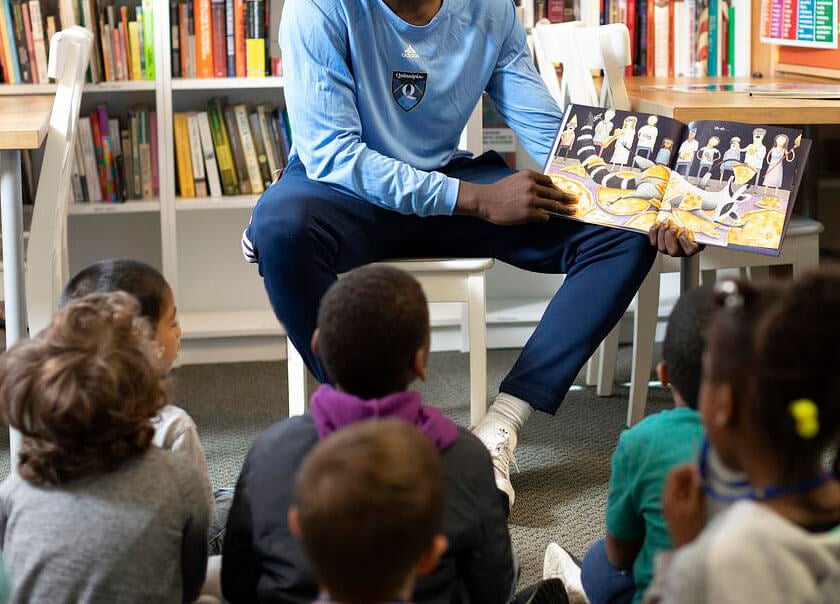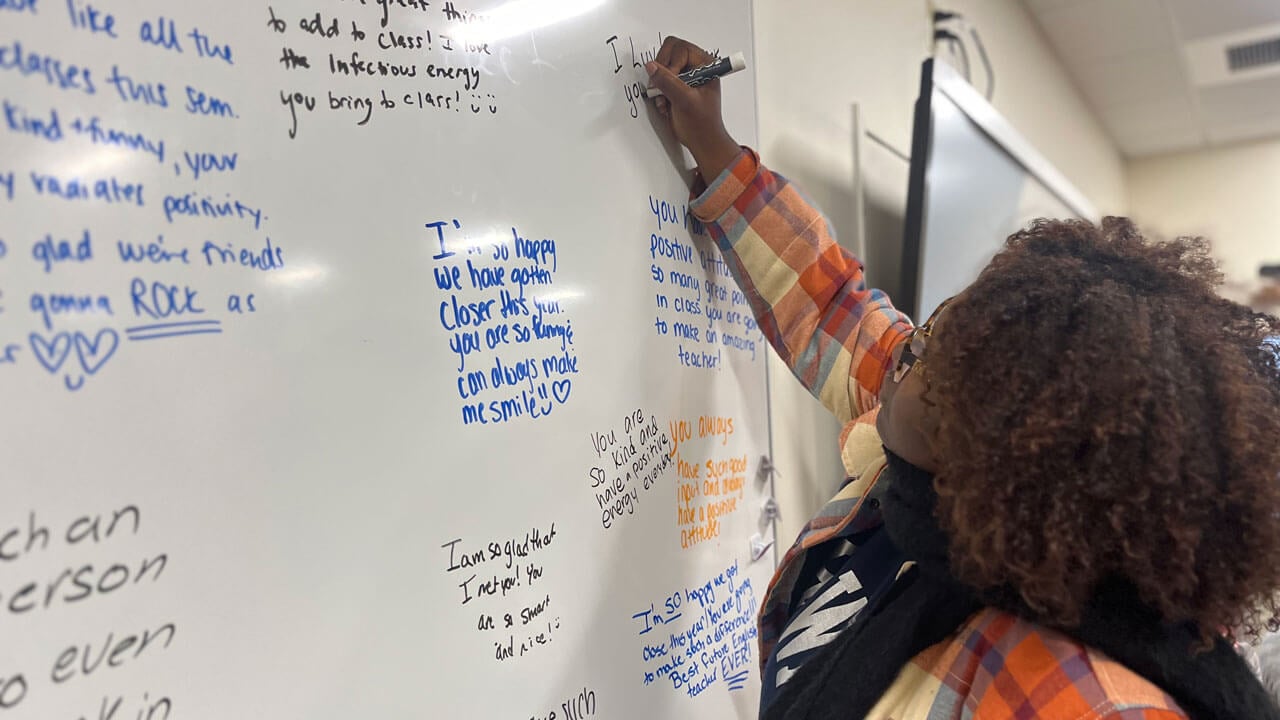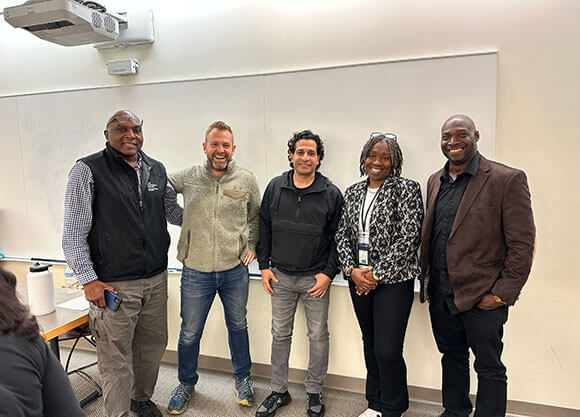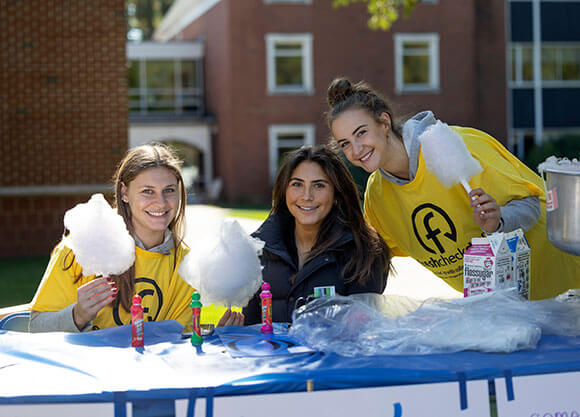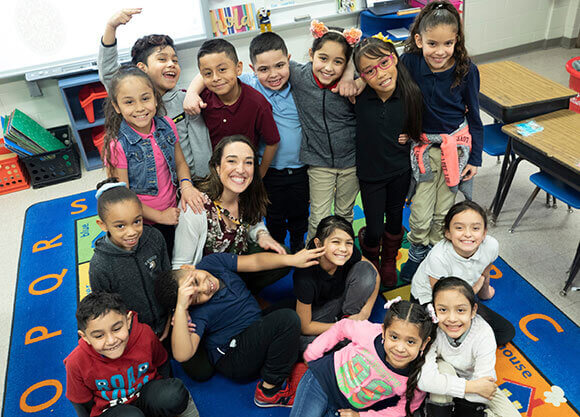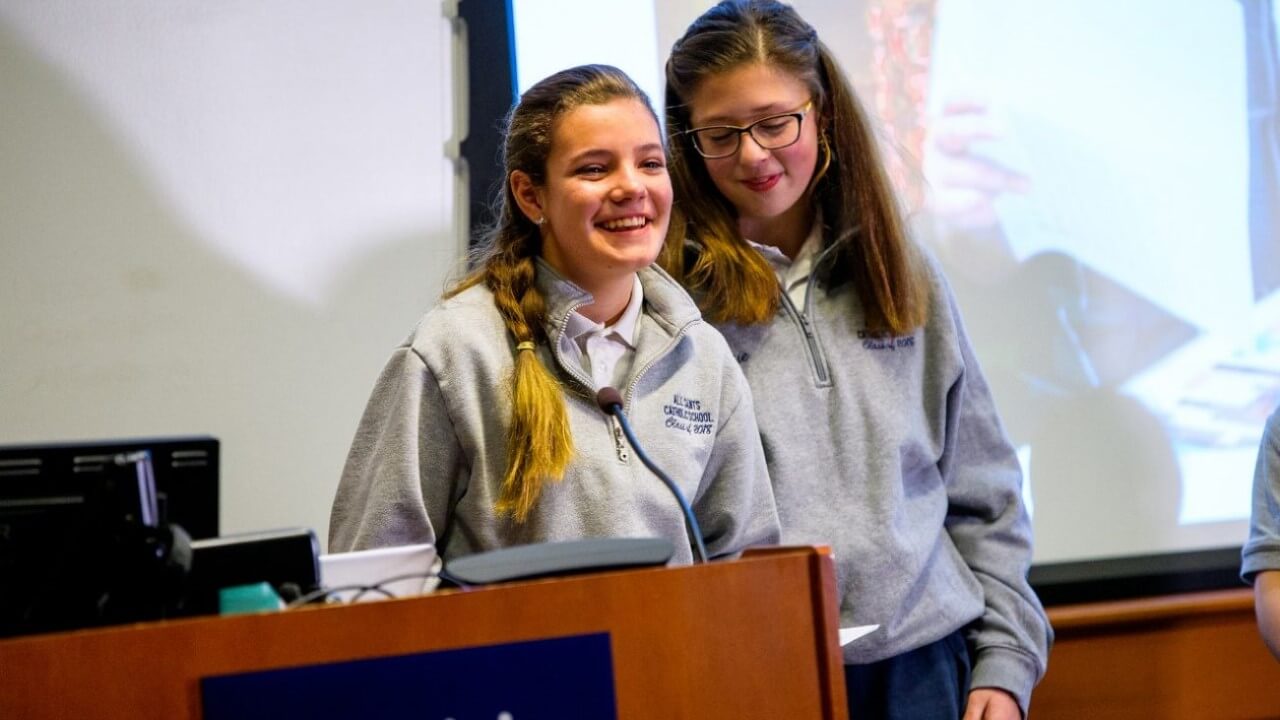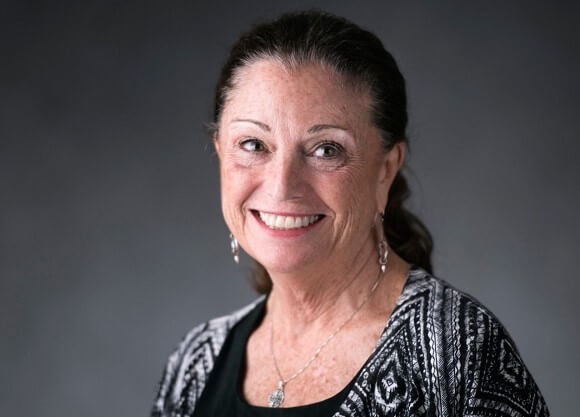
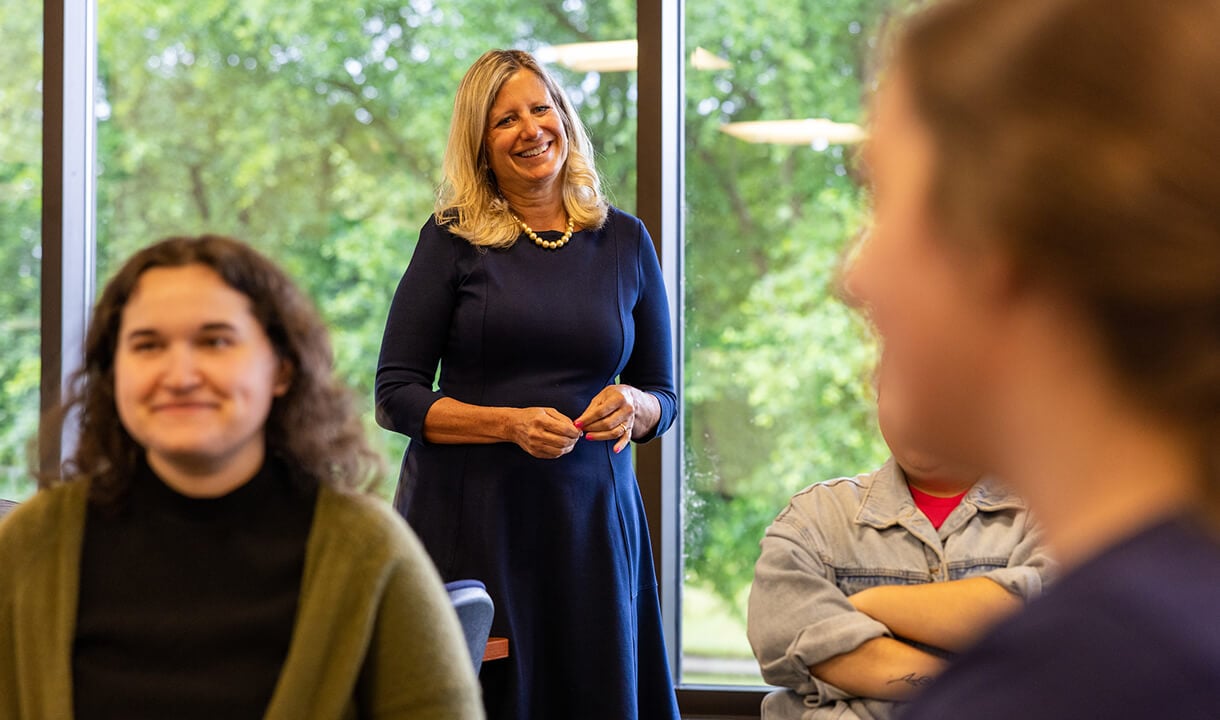
Quinnipiac’s School of Education professor, Monica Cavender has developed two courses, ED 575 Teacher Discourse: Language and Communication Issues in the Elementary Classroom and ED 576 Teacher Discourse in Secondary Ed, that provide “the teacher candidate with the knowledge and skills necessary to design classroom environments that enhance and support the social and emotional development” of elementary-level and adolescent learners.
“Teachers have such high demands to accomplish so much in the day, that it is essential to have a community that is positive and caring,” said Cavender. These courses focus on learning how to create a safe space where students respect each other and build a foundation of compassion. The educator teaches this through modeling behavior, language and through activities.
One of those activities for the elementary level is a morning meeting that reinforces this positive and caring environment. Candidates in Cavender’s class learn how to conduct these meetings with specific techniques and language to facilitate this trust and respect.
Elements of restorative practice theory are woven into the curriculum to support social and emotional care, empathy and academics to create a positive classroom community for all students. “When you use reinforcing language you notice the effort and the positive behavior that the child was in charge of. So then they'll repeat that behavior and that effort moving forward because they are making that positive choice in their head, instead of doing because the is teacher watching,” said Cavender.
It is important for teacher candidates to learn how to communicate and establish relationships with families. Cavender explains that parents need to hear from the teachers when their child is doing something good so if that child makes a wrong decision, “the parent hears you like the child; it’s the choice that you didn’t like.”
To practice techniques on how to communicate with families, Cavender’s class role-plays academic and problem-solving teacher-parent conferences. Each participant gets a mirror scenario and the teacher candidate practices the language they learned to communicate with families to position themselves in a supportive role.
Role-playing is one way that Cavender connects the theory to the action. “This exercise gives candidates a little boost of confidence that they're going to be fine so that way they have some coping tools they can use confidently,” said Cavender.
Cavender’s courses focus on addressing the needs of today’s classroom while building a community through positive language and modeling good choices. Quinnipiac’s School of Education faculty meet regularly to review their courses to ensure they are current. Our program gives graduates the skills and confidence they need to make a difference in children’s lives.
In this Article
Stay in the Loop
Quinnipiac Today is your source for what's happening throughout #BobcatNation. Sign up for our weekly email newsletter to be among the first to know about news, events and members of our Bobcat family who are making a positive difference in our world.
Sign Up Now


